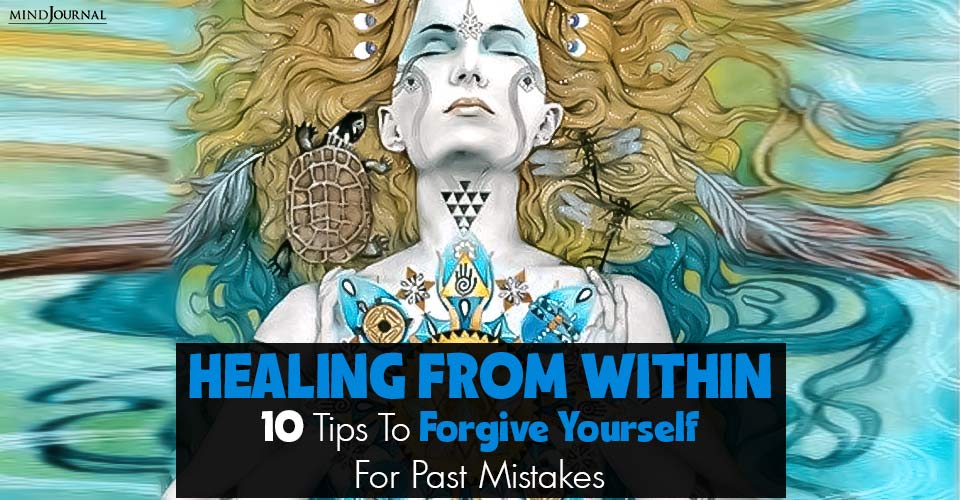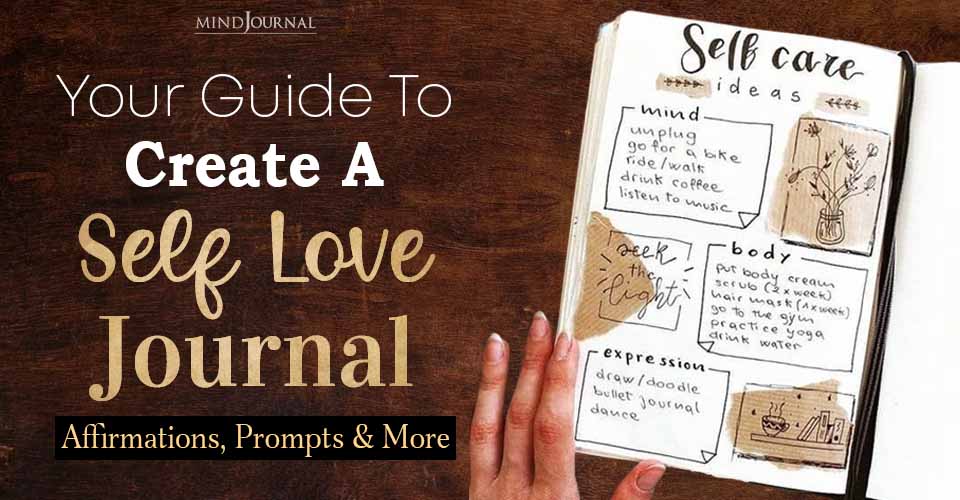Why is it necessary to learn to embrace one’s flaws separately? Aren’t we all adapt to living with the flaws we possess alongside our virtues?
The twist is here: Virtues do not interfere with our functioning as drastically as flaws do.
We all are living with our unique share of imperfections. But most often than not accepting this truth is hard. No matter how much we try to balance our compliments, achievements, accomplishments, and successes in life with our flaws, we will always find it insignificant as compared to our flaws, however scarce they are.
As we live in a society that perpetually compares one person to another, embracing our flaws, forgiving ourselves for our failures and pulling ourselves out of guilt becomes a very difficult task. What we fail to realize is that often the basis of comparison is inappropriate. This is to remind you once again that a bird cannot be compared to a fish, based on their swimming skills.
At the core of this principle is, every individual is unique with a distinct set of imperfections and near-perfections. If you are willing to reach a utopian state of being, you will be strongly disappointed.
You might agree with me, that once you encapture and overcome your fears and you are ready to rule the world. Our flaws, insecurities, and adversities have control over us because fear underlines them – the fear of disapproval, of being humiliated, of failure, of lagging behind and of not being loved. Letting flaws negatively influence us makes it difficult for us to be happy or sustain our sense of success.
Read 8 Tips to Heal from Your Own Toxicity
This guide will help you shift your perspective of why it’s better to understand, face and embrace one’s flaws rather than ignore and run away from them.
Here are 8 tips to fall in love with your adversities and live with them in peace:
1. Introspect what’s bothering you.
As Aristotle said, “Knowing yourself is the beginning of all wisdom,” unless and until you search out the root cause of your insecurities or what exactly is bothering you, you can never bring in mental peace.
Introspection is one of the most crucial steps to coming in terms with yourself. Introspection is the conscious process of examination of one’s own thoughts and feelings. The process of introspection relies exclusively on observation of one’s mental state.
Sit yourself down and try objectively gaining knowledge about the things that is currently bothering you. It could be anything – your career lag, your accent, your physical appearance, your failures, your lack of confidence or your low self-esteem.
2. Conceptualize flaws.
How do you define flaws? What are its characteristics? What are you including in the list of your flaws?
In the wish to reach heights of perfectionism, do not lose your rational ideas about your flaws. There are so many things that are not under your control and hence practically do not include in your list of flaws. Your physical appearance, your gestures, your tone of voice, your mannerisms are some of these.
Your idea of flaws should have clarity. Use your reasoning capabilities to list down aspects of your personality which can be transformed and improved.
3. Make a list of your virtues and strength.
We are so used to being criticized that we often forget that flaws are one single aspect of your personality, which doesn’t have the capacity to decide your worth.
As challenging as it might get, force yourself to make a list of all your strong points – your achievements, your talents, your abilities and your positive traits. Try to include every trivial points in the list, however insignificant it might seem. You should also include generic qualities like honesty, trustworthiness, empathy, integrity, loyalty and emotional maturity. Stick this in a place where you can daily take a look to remind you of your strengths.
You have come a long way in life and it’s all because of your own endeavors.
Read 6 Positive Psychology Practices To Boost Happiness and Improve Your Life
4. Avoid negative self-talk.
Negative self-talk is any internal dialogue or a voice of the critic, from within oneself, almost like a critical person, constantly reminding yourself of your insecurities, your flaws, your drawbacks and those aspects of you which ultimately limit your potential to reach the zenith.
Negative self-talk is to be avoided at all costs.
Most importantly because these negative self-talks follow the path of typical cognitive distortions like catastrophizing, overgeneralization, over personalization etc. Negative self may sound downright mean like “I am not worth anything good in this world.” or may sound reasonable like “I should avoid doing this as it is out of my capacity, just to save myself of humiliation.”
Either way, the negative self-talk will always highlight your flaws and shadow your strength.
Every time, the little voice is about to speak up, shut it up by empowering positive self-talk like “I can do it if I try.” “I am capable of achieving more than this.” Gradually you will find it easier to face your flaws.
5. Say NO to comparisons.
The ugly, the hideous, the perfect, the amazing – you are all of it. These are all you are made of. This is the complete you.
Never compare yourself with another individual with a different set of life experiences, abilities and flaws. If you are comparing yourself with the strength of another person, know that they have their own share of flaws. How about that?
Don’t try to be another person. You might not know, he/she might be struggling with more insecurities and hurdles than you do.
6. Overturn your flaws.

Do you see the same side of the coin when you flip it? If not, the same goes for your flaws. For once, turn your flaws upside down and focus on the positive side of your flaws.
If you consider being shy and socially awkward as flaws, remember you could also be a good listener and a keen observer.
7. Incorporate authenticity.
Would you trade your authenticity with perfection? We all wish to be perfect but is it fine to lose our genuinity by removing all our flaws?
If you wish to remain genuine and be yourself, it’s necessary to accept your flaws. You cannot gain perfectionism and also keep intact your genuinity.
Being genuine means to completely feel comfortable in your own skin and not try to be someone you are not.
8. Use your flaws to inspire others.
Watch this video to see how Renee Airya transformed her greatest flaws into her biggest strength ever.
Why not use your flaws to inspire others to achieve what you could, with what you consider your weaknesses?
Show the world what you could achieve with your share of adversities. Show them that flaws do not hold one back, our mentality does, one’s lack of motivation, perseverance, and determination does.
Like Lady Gaga wrote in one of her blogs, “May we make our flaws famous, and thus redefine the heinous.”
Read this to yourself, again and again,
Read What is Self-Esteem And How To Raise It?
Be happy with being you. Love your flaws. Own your quirks. And know that you are just as perfect as anyone else, exactly as you are. – Ariana Grand
References :
1. Schultz, D. P.; Schultz, S. E. (2012). A history of modern psychology (10th ed.). Belmont, CA: Wadsworth, Cengage Learning. pp. 67–77, 88–100. ISBN 978-1-133-31624-4.









